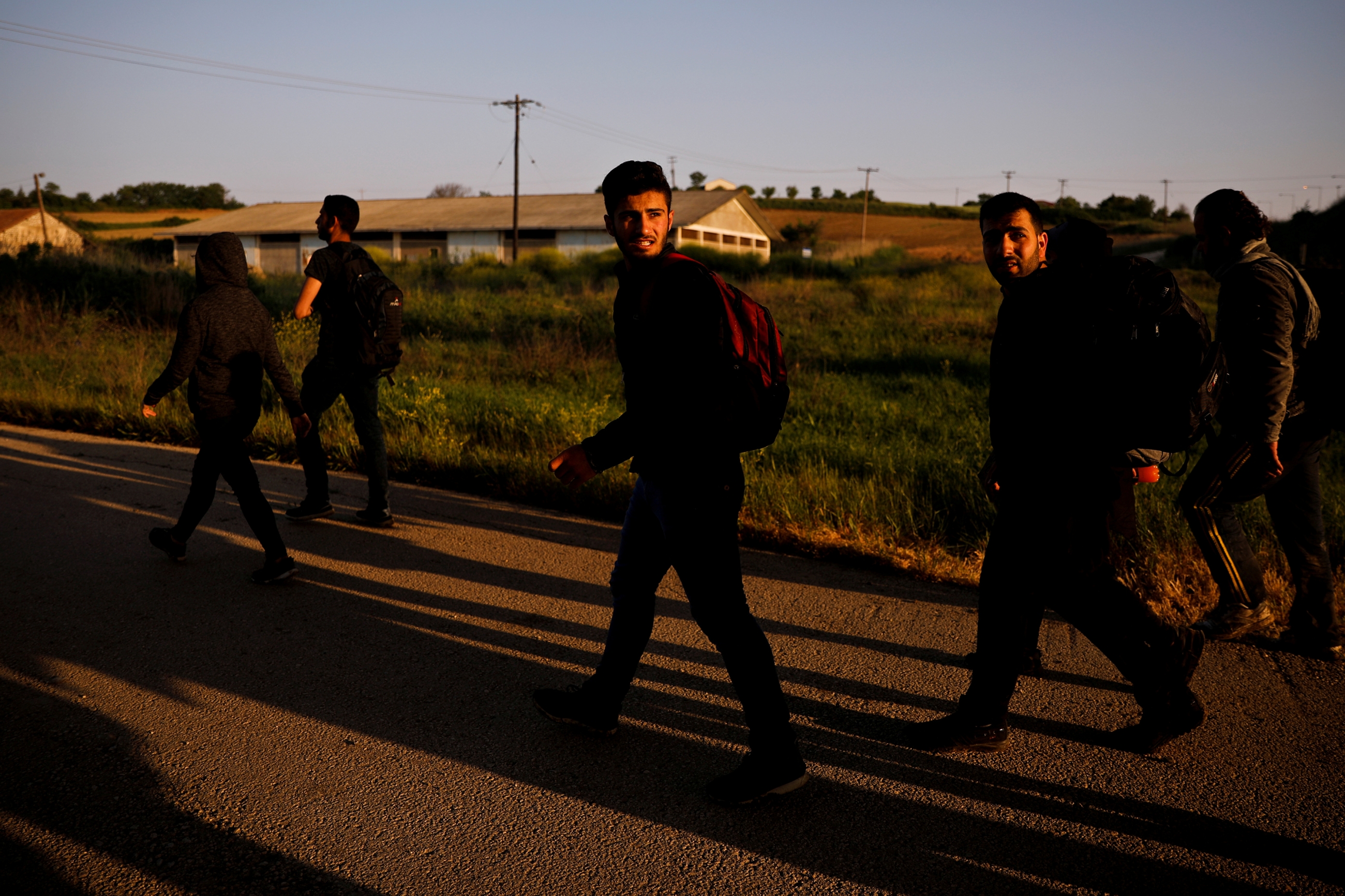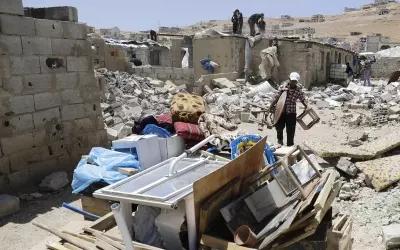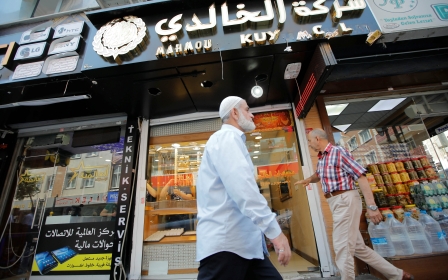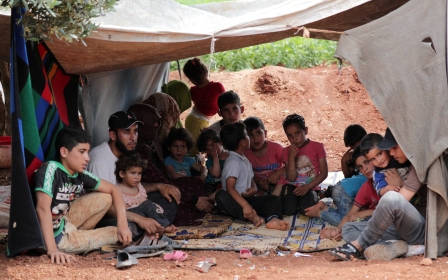Lebanon deported nearly 2,500 Syrian refugees in three months: Amnesty

Lebanon has deported nearly 2,500 Syrian refugees in a three-month period, according to information obtained by Amnesty International, which called on Beirut to stop the forced removals.
On Tuesday, the human rights group said that the Lebanese authorities in mid-May began implementing a decision by the military-affiliated Higher Defense Council to deport refugees who entered the country "illegally" after 24 April.
According to data obtained from Lebanon's General Security Organisation and the Minister of Presidential Affairs, Lebanon has forcibly returned 2,447 refugees to Syria, Amnesty said, despite concerns the refugees could face rights abuses in the war-torn country.
"We urge the Lebanese authorities to stop these deportations as a matter of urgency, and the Higher Defense Council to cancel its related decision," said Lynn Maalouf, Amnesty's Middle East research director, in a statement.
'We urge the Lebanese authorities to stop these deportations as a matter of urgency, and the Higher Defense Council to cancel its related decision'
- Lynn Maalouf, Amnesty International
Maalouf said that as long as independent rights monitors such as the United Nations cannot operate freely in Syria, it is impossible to determine whether the refugees are at risk of human rights violations if they are sent back to the country.
New MEE newsletter: Jerusalem Dispatch
Sign up to get the latest insights and analysis on Israel-Palestine, alongside Turkey Unpacked and other MEE newsletters
"Such access and monitoring mechanism inside Syria would be a first step in setting the process for returns. In the meantime, while risks upon return cannot be determined, any attempts to forcibly return refugees is a clear violation of Lebanon's non-refoulement obligations," she added.
Syrians in Lebanon have been facing increased scrutiny over the years, with curfews, encampment raids and evictions becoming commonplace.
Over 900,000 Syrian refugees in Lebanon were registered with the UN Human High Commissioner for Refugees at the end of July, Amnesty said.
An additional 31,000 Palestinian refugees who came from Syria were also registered with the UN agency for Palestinian refugees (UNRWA) at that time.
The Lebanese government claims that another 550,000 unregistered refugees live in the country, tantamount to a population of about six million people.
Anti-refugee sentiment
If they are registered with the UN, Syrians are entitled to aid and benefits such as food rations, subsidies and greater freedom of movement.
However, Lebanon has made registering as a refugee come with trade offs, including restricted access to jobs.
Lebanese officials have often blamed the large number of Syrian refugees for some of the country's most pressing problems, such as a lack of resources, jobs, and inadequate infrastructure.
Some have even claimed that Syrian refugees are to blame for the country's ongoing economic woes.
In a two-week period in June, 25,000 Syrian refugees were evicted from their homes in Lebanon, MEE previously reported, amid an uptick in anti-refugee sentiment across the country.
On 9 June, over 5,600 structures housing Syrian refugees were destroyed in the northeastern town of Arsal following a decision by Lebanon's Higher Defense Council that deemed the structures illegal.
"We reiterate our call to the international community to share the responsibility for refugees with host countries, including Lebanon," Amnesty's Maalouf said on Tuesday.
She said international actors could do this "mainly by re-activating their resettlement programs and by using their leverage to call for access to independent monitors in Syria".
Middle East Eye delivers independent and unrivalled coverage and analysis of the Middle East, North Africa and beyond. To learn more about republishing this content and the associated fees, please fill out this form. More about MEE can be found here.





